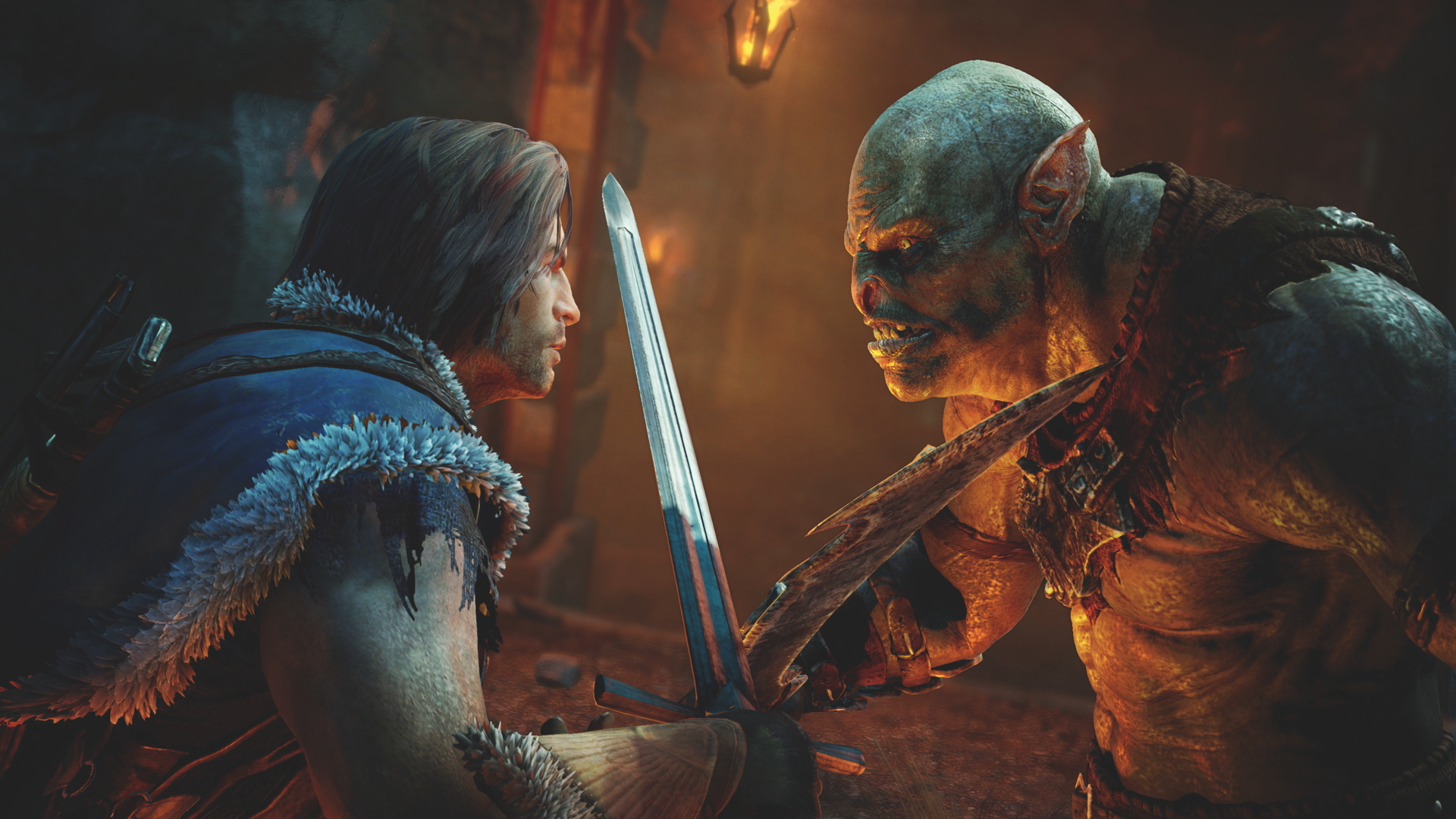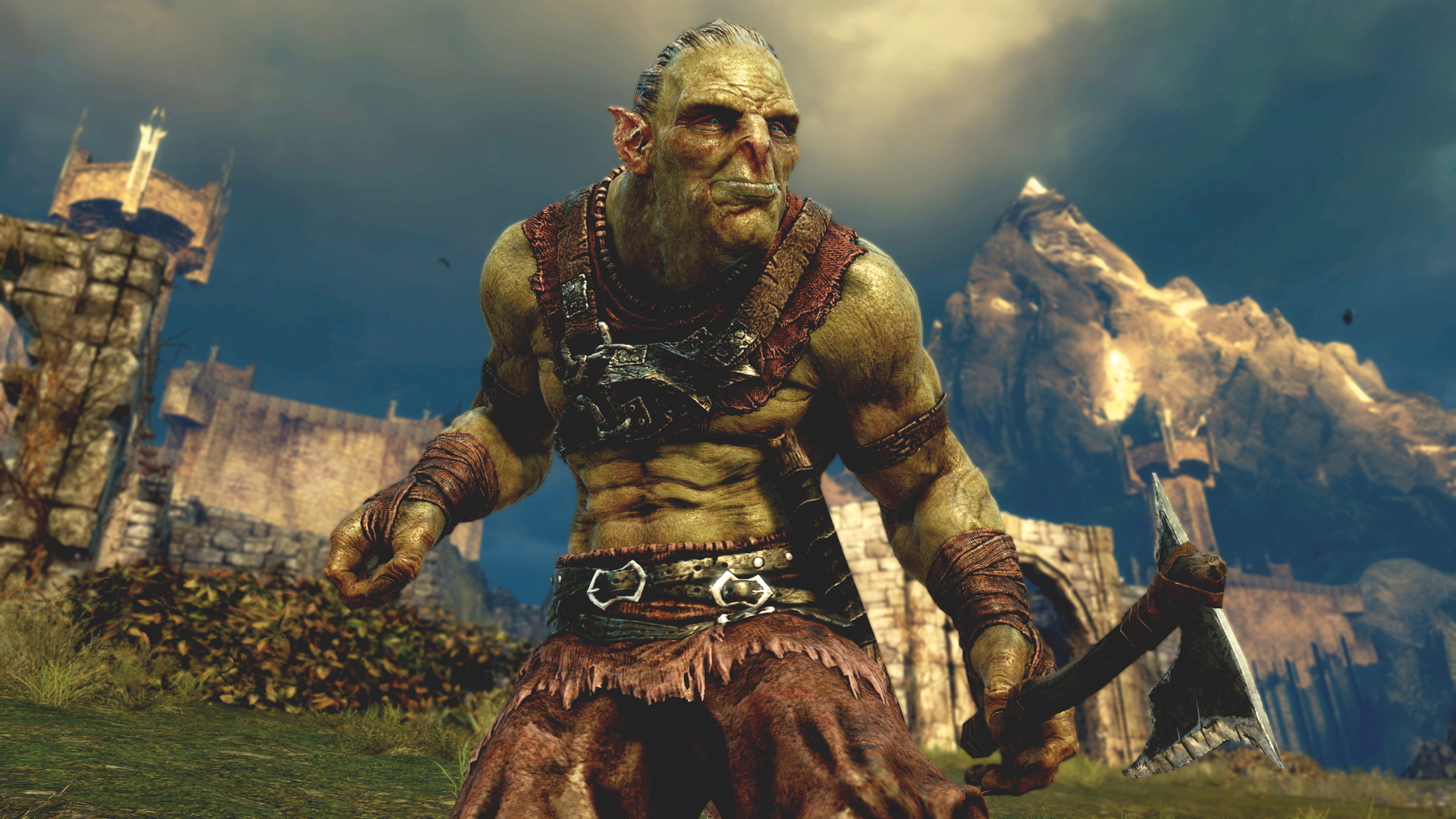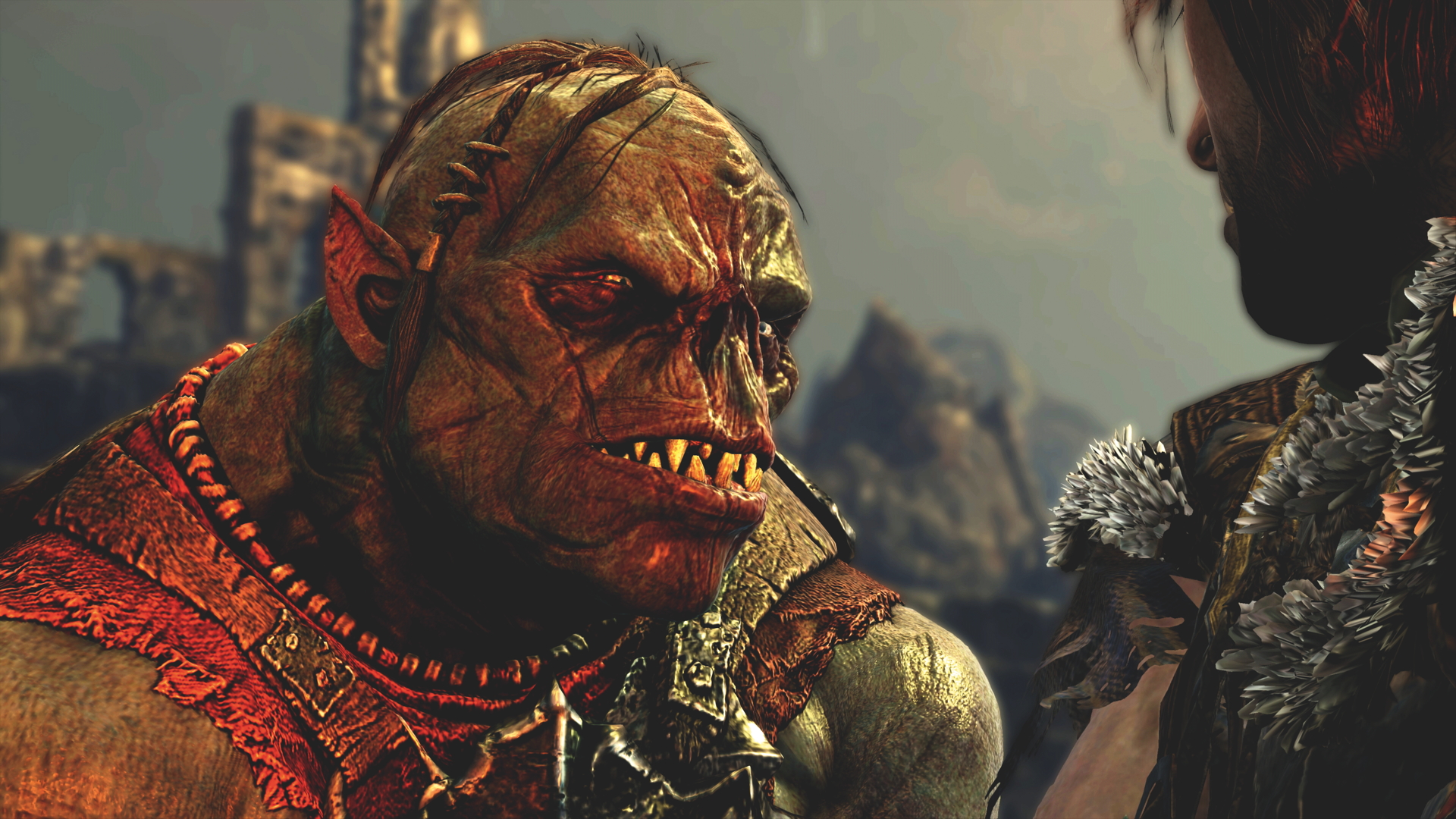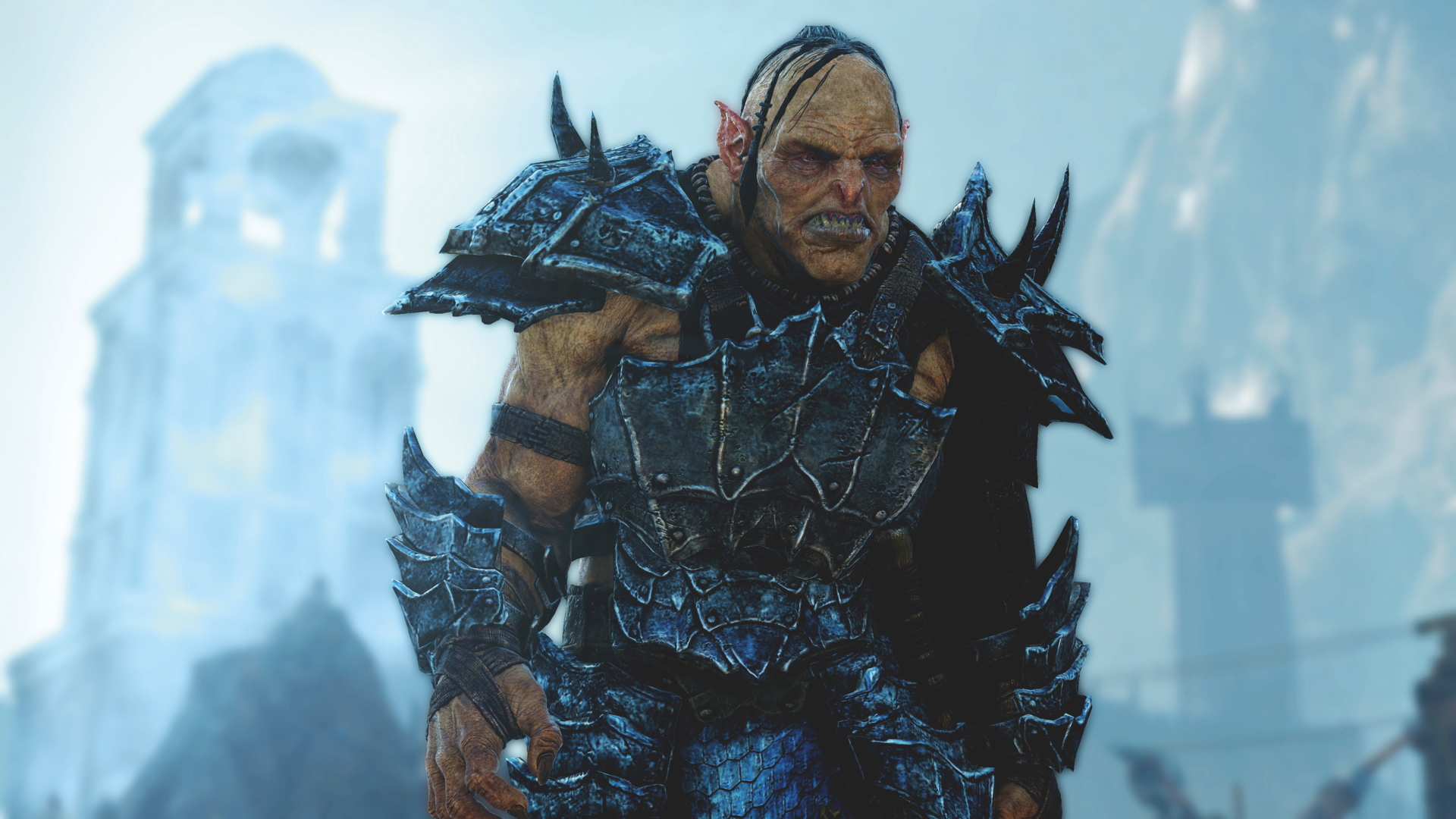Endless replayability and red-hot hatred: it’s Shadow Of Mordor’s excellent Nemesis System

I’ve spent hundreds of hours battling the Covenant, but I wouldn’t say I hate them. I’ve walloped The Joker more times than I can count, but I don’t really harbour any personal grudge against the clown prince of crime. And while the Locust Queen got me a little narked on occasion, she probably felt a lot more strongly about the relationship than I did. But I hated Paash the Slasher. I hated this wiry Uruk captain with the sort of focused intensity I’d usually reserve for bus-stop queue-hoppers and hellish letting agents.
But hateful as Paash the Slasher undoubtedly is, he isn’t actually the antagonist of Shadow Of Mordor, and you won’t find him mentioned in any Wikis or walkthroughs. Instead, this loathsome creature is the product of a finely tuned procedural engine that’s been carefully calibrated to foster intense dislike: the Nemesis System. This hate-based algorithm populates Sauron’s army with unique Uruk captains – each with their own strengths, weaknesses and personality types – and sets them loose in the blasted wastes of the game’s open-world Mordor.

You might be dashing through a crumbling Gondorian ruin, only to find yourself faced with Nazdûg Plague-Bringer, an oozing blob of pestilence accompanied by a billowing cloud of rancid insects. Minutes later, that rancorous algorithm will spit out an entirely different – but equally hateful – orcish adversary, interrupting your stealthy shenanigans by throwing Ushgol Blade Master into the mix. The Nemesis System isn’t just a conveyor belt for varied procedurally generated foes, though – it also adds toothsome narrative garnish to all of your orc-slaying antics.
So, every encounter with an Uruk captain becomes a minor event, accompanied by a brief cutscene in which your undead avatar, Talion, crosses swords with his greenskin foe, who greets you with some furious threat or vile curse. Vanquish the scum, and the power vacuum you’ve created in Sauron’s army will create opportunities for the more ambitious underlings to move up a rank. But fall in battle, and expect your Uruk enemy to grow in power and status, propelled through the ranks by their victory over the Gravewalker. As these brutal creatures constantly jock for position and prestige, it fosters your own sense of legend within Mordor. This filthy human is so revered, any Uruk who conquers him will win the respect of his viridescent brethren. Your killer will be plucked from anonymity into a position of authority, and all because they had the strength to take you down.

Shadow Of Mordor is brilliantly adept at turning these moments of player failure into emergent narrative, and you’ll bristle at the acclaim afforded to your orcish executioner. Death is still an irritation, but rather than being frustrated with the game, you find yourself furious with Paash, Ushgol or Nazdûg. You respawn hungry for revenge, eager to hunt down your wretched arch-enemy and bury your shattered blade in his overly smug belly. Before long, you’ll even find yourself reading malicious intent into moments of coincidence – of course Paash would show up just as the tide of this battle is turning against me. That jade-coloured prick.
And, in a masterstroke of design so simple it’s amazing nobody had already done it, Uruks remember your encounters and refer to them in subsequent bust-ups. If you slice up old Nazdûg only for him to escape at the last moment, you’ll find him scarred and embittered the next time you meet. Run from a fight with Ushgol Blade Master and he’ll taunt your cowardice the next time you come to blows. And if you bump into Paash on the battlefield, he’ll remember the fact that he’s killed you once before and cackle at your feebleness.

By the game’s conclusion, Paash had done me in no fewer than three times, rising through the ranks of Sauron’s army to become a powerful warchief. And when I finally killed the jumped-up goblin for good, I gloried in his demise. After that, the final boss battles against authored baddies all felt a little flat, motivated by narrative necessity rather than any great desire on my part. Player character Talion may be driven by a desire to avenge his family against the Black Hand of Sauron, but I was far more interested in getting payback against one randomly generated orc. Such is the strength of the Nemesis System, which turns anonymous greenskins into believable, detestable tormentors. Rest in peace, Paash. I still hate you.
Sign up to the GamesRadar+ Newsletter
Weekly digests, tales from the communities you love, and more
This article originally appeared in Xbox: The Official Magazine. For more great Xbox coverage, you can subscribe here.
James has been writing about games for more than a decade, covering everything from glittering masterpieces to PlayStation Home. Over the years, he's contributed to the likes of OXM, OPM, and GamesMaster, though he occasionally finds time to write for publications that don't get closed down, too. And although he was once Managing Editor of Warhammer Community, he actually prefers knitwear to ceramite.



